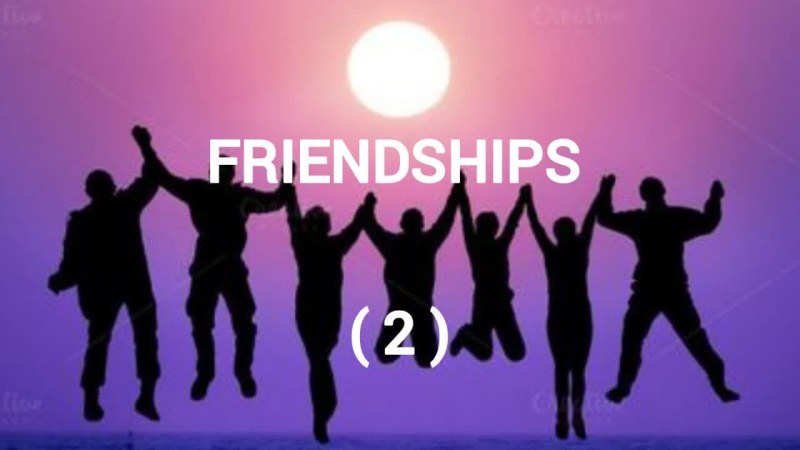- Who is a true friend? What characteristics should a friend have?

Quran and Ahl al-Bayt
Friends from the perspective of the Quran and Ahl al-Bayt:
Click to Previous Part
Imam Ali (peace be upon him) says: “Your closest friend is the one who doesn't leave you alone”.[1] Similarly, he says in another place: “The best of your brothers is the one who makes you the best with his honest words and invite you the best of his deeds”.[2] Therefore, parents have the duty to teach their teenagers that if a person has these qualities that we have mentioned in different narrations, he is a worthy friend to be with him.
There are various Hadiths about avoiding inappropriate friends, which include several different groups, and by using them, teenagers can gain the necessary knowledge and avoid friendship with such people.
The first group (friendship with a fool is forbidden) which is as follows:
Imam Ali (peace be upon him) says: “Avoid friendship with an ignorant person, because he wants to benefit you, but he harms you due to ignorance.”[3]
Also he says: “Avoid friendship with a fool, because his foolish actions look nice to you”.[4]
He says as well: “Flee with all your might from the miserly fool, who has neither wisdom nor hands to help”.[5]
The second group (friendship with a miser is forbidden) which is as follows:
Imam Ali (peace be upon him) says: “Avoid friendship with a stingy person, because he will abandon you when you are in dire need of him.[6]
The third group (friendship with a reckless, stupid, liar is prohibited) which is as follows:
“It is good for Muslims to avoid friendship with three people:
1_ reckless in speech and action 2_ Stupid 3_ Liar.
Because a reckless person adorns his work for you in words and deeds and wants you to be like him. A stupid person does not command you to do good and there is no hope in warding off evil. A liar will make you never have a good life and he will take your words to others”.[7]
Click to Next Part



